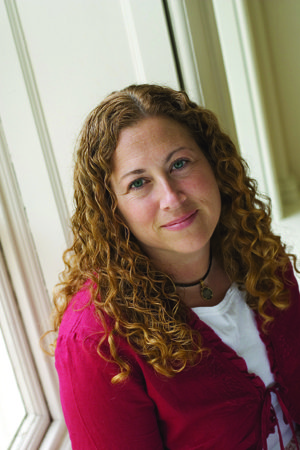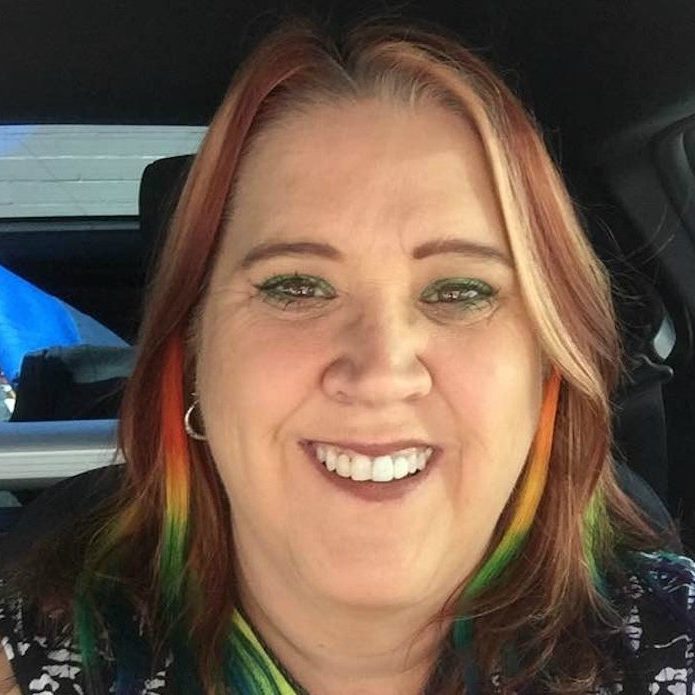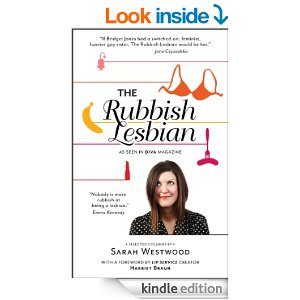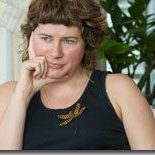
In her latest novel, Sing You Home, the best-selling author Jodi Picoult takes up the lesbian cause.
What makes one of the world’s best-selling authors turn her commercially attuned talents to the theme of lesbian motherhood? Jodi Picoult, said to be the highest-selling female author after J.K. Rowling and a firm favourite with mainstream American readers—who overwhelmingly identify with Picoult’s heart-rending dramas—has written Sing You Home, a book that may unsettle the very people who’ve made Picoult so successful.
Sing You Home is the story of Zoe Baxter, a mostly happy heterosexual woman whose marriage falls apart under the strain of trying to conceive. After multiple miscarriages, her husband Max asks for a divorce and buries his grief and drinking problem by becoming Born Again.
Zoe, a music therapist, throws herself into her career and her friendship with Vanessa, which unfolds into a deep and unexpected romantic love. Complications ensue when Zoe and Vanessa decide to have a child—using the embryos Zoe had stored during her fertility treatments with Max.
“I think that gay rights are the one civil right we haven’t granted yet,” Picoult says from her home in New Hampshire where she lives with her husband and three children. “It’s embarrassing. I don’t understand why it’s even a political issue.
Not having the right to marry constitutionally, not having the ease that so many heterosexual couples have, seems to be a gross miscarriage of justice. I have plenty of gay and lesbian friends and there’s absolutely nothing second class about them.”
If it sounds like Picoult is preaching to the choir, the prolific novelist (Sing You Home is her 17th book) confesses she had her sights set on writing a book about the struggle for LGBT rights vs. the religious Right for some time, and then a very personal motivation kicked in:
Her teenage son, Kyle, came out. “We were thrilled for him,” says Picoult. “He was a different kid after he came out. So much more comfortable in his own skin. But as a mom whose kid’s gay: Now this battle’s a personal one for me.”
For Picoult, who writes superstitiously, this book would hopefully usher in inequality. “If I write this book, then maybe by the time Kyle’s ready to have children it will be that much easier for him to do so.”
With an estimated 14 million copies of her books in circulation, Picoult certainly has the reach to sway opinion. “There’s something that makes me so happy about being a commercial fiction author with a wide-ranging audience, and maybe a bigger pulpit. I think people might hear me a little more loudly than they would other authors.”
Picoult has said that she writes about the things that she’d like to vanquish, such as chronic childhood illness, and those topics have resonated widely with family values-based leadership. But did it worry her that this book, which asks readers to root for a hopeful lesbian mother, would not strike the same chord?
“When you look at the things I’ve written about—from assisted suicide to stem cell research to battling the Catholic church and priest sexual abuse to the division between religion and politics in this country—this book, before it was even published, got more hype and buzz and people upset…I’ve had people writing hate letters.”
Picoult recounts one letter from a woman delivered to her hotel room while on a book tour in Toronto. “She tells me she has read everything I’ve ever written, but that she’s not going to read this and she’s going to tell her friends not to read this as well because it is morally and biblically wrong to be a homosexual. And I wrote her back and I said, I understand that you feel that way, and when you read my book you will find your point of view represented. However, you will also see what the other side has to say. I really hope you read it. Well, she writes me back and says, ‘I think the reason I got so upset is that before I got married I was in a same-sex relationship for 20 years…and for me, I think reading this book would be like being a non-smoker, walking into a room full of smokers: just too close for comfort.’
I just sat there and thought, That’s why I wrote this book! I mean, why should you have to hide who you are and if you do choose to believe in God, what god would want that of you?”
The fundamentalist Christians that gun for Zoe Baxter, threatening to destroy her dream of motherhood by suing her and attempting to adopt her embryos was inspired by the rhetoric of politically mobilized Christian groups like Exodus and Focus on the Family. Picoult feels that these groups do a disservice to a majority of Christians who are “very supportive of gay rights.”
In depicting the struggle Zoe and Vanessa face, Picoult felt so impelled to capture them convincingly that when her mother read the draft she asked, “Is there something you want to tell me?”
Picoult nails the growing attraction between Zoe and Vanessa, and how it reaches a depth of understanding lacking in her heterosexual relationship. “The sex scenes I could figure out,” laughs Picoult, and “in a very delicate way explain what there is to celebrate about loving another woman. I wanted to do justice to that. Hopefully, when lesbians read the book, they’ll think it’s an honest portrait of a relationship.”
Neither the publisher nor Picoult, is prepared to whitewash the book. “I don’t want this billed as a novel about infertility. It’s much more than that,” says Picoult who believes that those not supportive of gay and lesbian rights must not know anyone gay or lesbian.
“I wanted the blue-haired lady in Nebraska who’s never talked to ‘one of them lesbians’ to be able to hear the voice of one.” To that extent, Picoult enlisted the help of a lesbian musician friend, Ellen Wilber, to create a CD of songs, which is bundled with the book, representing the character of Zoe “pouring her heart out.”
“I want this book to kick people who take so much of their life for granted and say, Look around you. There are people here who are not enjoying the same freedoms as you.”




